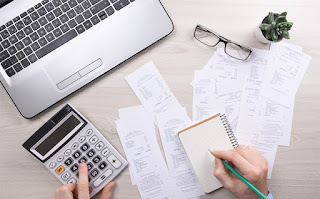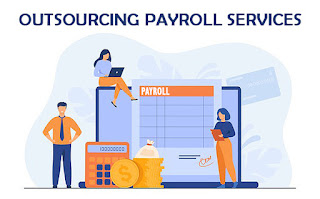Tax System in New Zealand------- All about GST!
New Zealand initiated a Goods and Services Tax ('GST') on 1
October 1986. This is like VAT and based on the OECD's standard indirect tax
regime model. It is one of the most dynamic systems in the world, with a wide
base and limited exemptions. GST is collaboratively regulated by the Inland
Revenue and Customs.
Key highlights of New Zealand's tax system include:
·
No legacy tax
·
No general capital gains tax, although it can
apply to some particular investments
·
No local or state tax, aside from property rates
invoiced by local assemblies and authorities
·
No payroll tax
·
No social security tax
·
No medicinal services tax, aside from a very low
levy for New Zealand’s Accident Compensation injury insurance scheme (ACC).
How much GST is
applied?
The GST rate is 15% applied to all merchandise and services.
Some uncommon services are exempt from GST and duty-free offer items tax-free
when arriving in New Zealand from an international flight.
What is GST applied
to?
As GST is a tax on all goods and services, it will apply to
almost everything you buy in New Zealand. That incorporates food, medicine,
equipment, the doctor, going to the hairdressers, even the activities you are
probably going to do as a traveler in New Zealand.
The couple of notable Exceptions of GST are:
·
Bank administrations, including interest
·
Rent
·
Duty-free items
·
Your wage, which is subject to other expenses
Who needs to register
for GST?
Companies with a turnover of $60,000 or more are required to
register. You might be an exception if you sell GST-exempt goods and services.
You can get into legal issues if you don't register for (and gather) GST when
you should.
Advantages of
registering
In case you're GST registered, you don't end up paying GST
on business expenses. Still, you'll get taxed the GST-inclusive cost when you
buy something, yet you can claim that refund when you file your return with the
IRD.
What do I need to
register?
To register, you'll need:
·
An IRD number (and a my IR online account)
·
A business industry classification code
·
Bank account details of your business
Choosing your accounting basis:
Your accounting basis decides when you owe GST on sales (and
when you can claim it on costs). There are three alternatives, however, they
may not all be accessible to you.
·
Payments
basis: You owe GST on a sale when you get payment from a client.
·
Invoice
basis: You owe GST on a sale when you raise an invoice or when you get
paid, whichever ranks at the top.
·
Hybrid
basis: You follow the basis of the invoices when working out what GST you
owe, and the basis of the payments when working out what you can claim back. It
can get confusing so just a couple of businesses utilize the Hybrid basis.
Registering for GST
online
It's easy to register for GST yourself and it costs nothing.
Simply head over to the IRD site.
When you're
registered for GST
When you've registered for GST you'll have to:
·
Add GST to your costs
·
Issue tax invoices to your clients
·
Keep receipts and solicitations to guarantee
back GST on costs of doing business
·
File GST refund with the IRD
·
Pay any GST due
How to calculate GST?
The easiest approach to figure the GST is as follows:
Multiply a cost by 3, and afterward divide it by 23.
For example, your grocery shopping for a week is NZ$60…
60 x 3 = 180
180/23 = 7.82
There is NZ$7.82 of GST in your NZ$60 grocery shopping.
Claiming GST (and
input tax credits)
GST-Registered organizations can claim back the GST they pay
on costs of manufacturing overheads. Furthermore, sometimes, they can claim
back GST that they've just paid to the IRD. We should investigate what you can
claim back.
When you can claim
GST back
·
You can claim GST back when
·
You've obtained goods or services for your
business
As a GST-Registered business, you'll have to tell the
government the amount you've collected and the amount you've paid. You do this
by submitting a GST return. You'll require a record of the GST amount you
gathered on sales, and what amount was paid on the purchase. You won't have to
submit tax invoices when you file your GST return, yet you should have them
available.
For Further Information, visit www.indianmuneem.com. We’ll help you
file your GST Return.





Comments
Post a Comment